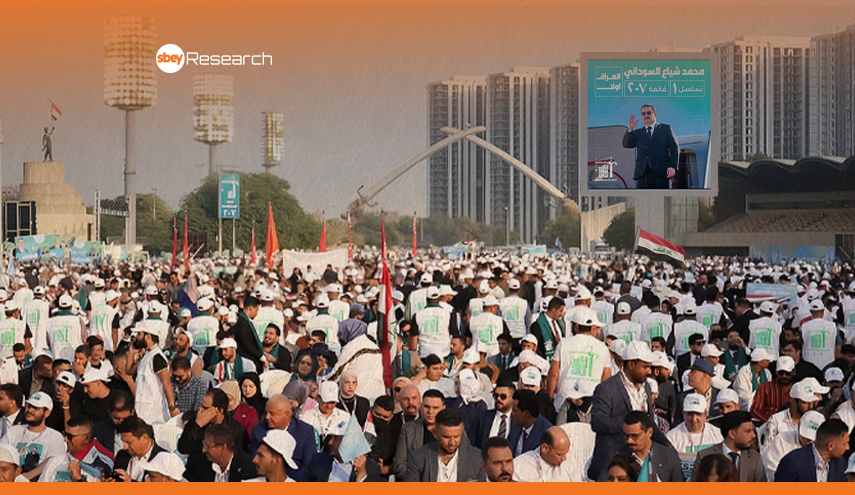

The Middle East has long been a region of strategic geopolitical interest, complex social fabrics, and enduring conflicts that have captured global attention. Renowned scholars Francis Fukuyama, George Friedman, Stephen Kotkin, and Fareed Zakaria have contributed to our understanding of international politics with particular insights that can be applied to the Middle East. This report synthesises their perspectives into a comprehensive analysis of the region's conflicts, emphasising governance, geopolitical dynamics, historical legacies, and the role of external powers.
Governance and the State of Democracy: Fukuyama's Lens
Francis Fukuyama, known for his seminal work "The End of History and the Last Man" (1992), argued that liberal democracy represents the culmination of humanity's ideological evolution. Applying Fukuyama's framework to the Middle East, one can say that the region's conflicts are partly rooted in the struggle for political legitimacy and state-building challenges. Fukuyama's emphasis on institutions as the backbone of democratic societies sheds light on the Middle East's governance issues, where authoritarian regimes, sectarian divisions, and weak institutions have often undermined democratic aspirations. The Arab Spring can be seen as a pivotal moment in this context, reflecting a deep desire for Fukuyama's vision of governance. However, the aftermath has shown the difficulties of democratic transitions in the face of entrenched political and military powers (Fukuyama, 2011).
Geopolitical Dynamics: Friedman's Strategic Analysis
George Friedman, founder of Stratfor and author of "The Next 100 Years" (2009), offers a geopolitical perspective that focuses on the interplay of power, geography, and the interests of nation-states. Friedman's analysis highlights the strategic importance of the Middle East due to its oil reserves and its position as a crossroads between Europe, Asia, and Africa. He has often discussed how the interests of external powers, including the United States, Russia, and, increasingly, China, play a significant role in shaping the region's dynamics. Friedman might argue that the conflicts in the Middle East reflect local grievances and the competition among great powers for influence and control over critical geopolitical assets (Friedman, 2009).
Historical Legacies and Revolution: Kotkin's Historical Perspective
Stephen Kotkin, a historian and author known for his work on Soviet history and Stalin, offers insights into how historical legacies and the nature of revolutions can inform our understanding of the Middle East. Kotkin's analysis of revolutions, as seen in his study of Stalin and the Soviet Union, might suggest that the Middle East's upheavals are part of a more profound historical process of state formation and identity politics. He would likely emphasise the role of colonial legacies, national boundaries drawn without regard to ethnic or sectarian realities, and the impact of the Cold War in shaping the region's current conflicts. Kotkin's work implies that understanding the deep historical roots of these conflicts is essential for any lasting solution (Kotkin, 2014).
The Role of External Powers: Zakaria's Post-American World
In his book "The Post-American World" (2008), Fareed Zakaria explores the rise of new global powers and the relative decline of American hegemony. Applying Zakaria's thesis to the Middle East, one could argue that the region is critical for the transition to a multipolar world. Zakaria might point to the diminishing capacity of the United States to unilaterally shape outcomes in the Middle East, alongside the increasing involvement of regional powers like Iran, Turkey, and Saudi Arabia, as well as external ones like Russia and China. According to Zakaria, this shift complicates conflict resolution efforts as it multiplies the number of stakeholders with divergent interests (Zakaria, 2008).
Synthesis and Forward-Looking Insights
The Middle East's conflicts are multifaceted, with roots in governance challenges, geopolitical competition, historical legacies, and the evolving global order. Fukuyama's focus on democracy and institutions highlights the internal struggle for more legitimate governance structures. Friedman's geopolitical analysis underscores the region's strategic importance and the role of external powers in its conflicts. Kotkin's emphasis on historical legacies and revolutions provides a lens to understand the deep-rooted nature of these conflicts. Finally, Zakaria's insights into global power dynamics suggest a complex future for regional conflict resolution.
A comprehensive approach to understanding and addressing the Middle East's conflicts requires considering these varied perspectives. It involves addressing immediate geopolitical interests and security concerns, fostering genuine governance reforms, acknowledging the historical and cultural complexities of state-building, and navigating the shifting landscape of international relations. As the region stands at the crossroads of significant geopolitical, social, and economic transformations, the insights of Fukuyama, Friedman, Kotkin, and Zakaria offer valuable frameworks for analysing its future trajectory.
References



